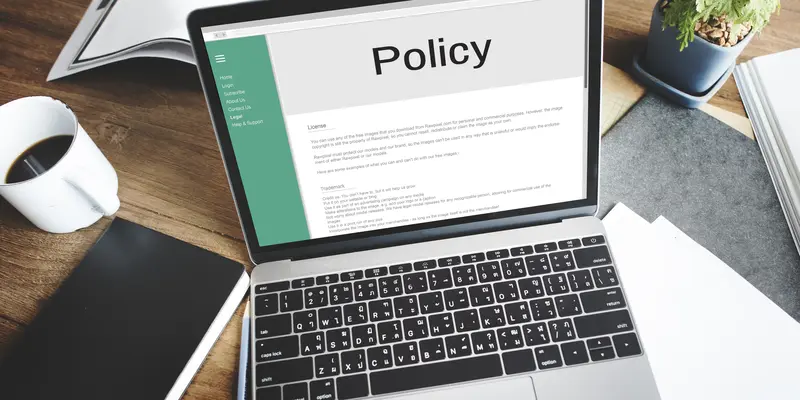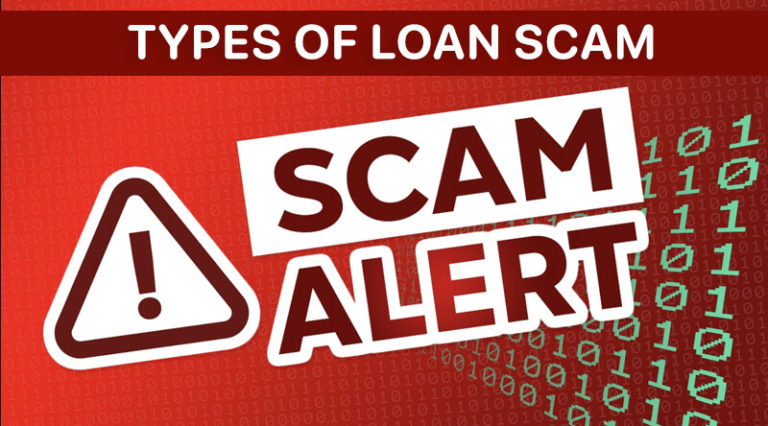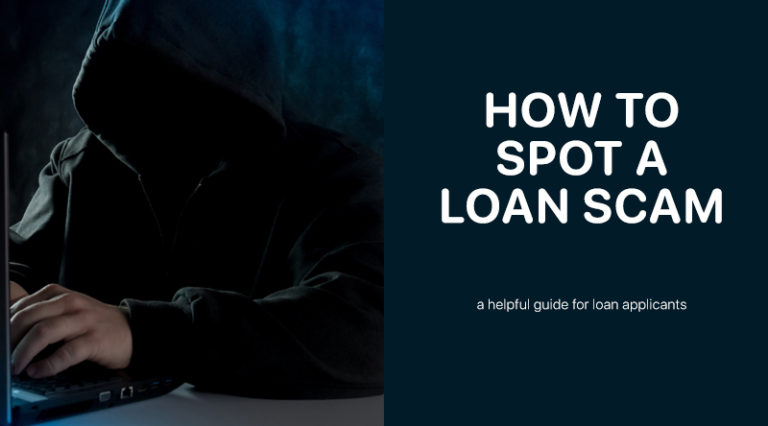List of Loan Companies with revoked license 2025
Before borrowing money or entering into any loan agreement, it’s crucial to ensure that the lending company is operating legally. In the Philippines, the Securities and Exchange Commission (SEC) plays a key role in regulating lending and financing firms to protect borrowers and maintain integrity in the financial system. Each year, the SEC investigates companies that violate lending laws—revoking licenses when firms operate without proper registration, submit false reports, or breach consumer protection policies. Loan companies with revoked license status pose serious risks to borrowers, from hidden charges to abusive collection practices. To help you avoid these dangers, this article provides an updated list of loan and financing companies that lost their licenses in 2025, based on official SEC disclosures. Stay informed and shield yourself from unauthorized lenders by reviewing this essential guide.
Some of the Loan Companies with Revoked Licenses in the Philippines (2025)
The Securities and Exchange Commission (SEC) stepped up its enforcement efforts in 2025 by revoking the registrations and licenses of several lending companies that violated financial regulations. This article outlines some of the companies whose licenses the SEC officially revoked.
- Digido Finance Corp.: Unauthorized Branch Operations
The SEC canceled Digido Finance Corp.’s license for operating four physical branches without first securing the required Certificate of Authority. This breach violates Section 6(A) of the Financing Company Act of 1998 (Republic Act No. 8556), which prohibits financing firms from operating branches without official sanction. For more details about Digido’s revoked license check SEC press release here. - People’s Credit and Finance Corporation (PCFC): Persistent Reporting Defaults
PCFC lost both its registration and license following continuous failure to file required reports. According to the SEC order dated May 14, 2025, the company neglected to submit 15 mandated reports, contravening provisions in the Revised Corporation Code (RA 11232), the Financing Company Act (RA 8556), and relevant SEC circulars. For more details about Digido’s revoked license check SEC press release here. - Hi-Fin Lending Inc.: Failure to Disclose Third-Party Partner
Hi-Fin Lending Inc., which runs lending platforms Peso Wallet and Credit Cash, had its license revoked on May 13, 2025. The SEC found that the company did not disclose its partnership with WeWill Tech Corp., a third-party service provider (TPSP), which is a mandatory disclosure under recent fintech regulations. This non-disclosure violated SEC rules under Republic Act No. 11765 (Financial Products and Services Consumer Protection Act) and a June 8, 2023 SEC order requiring full transparency of TPSPs involved with financing firms. For more details about Digido’s revoked license check SEC press release here.
Why the SEC Revokes Lending and Financing Company Licenses
The Securities and Exchange Commission (SEC) plays a key role in maintaining the integrity of the Philippines’ financial system. Each year, it takes enforcement action against loan companies with revoked licenses due to violations of regulatory laws and consumer protection rules.
In 2025, the SEC released updated lists of lending and financing companies that lost their licenses for various offenses. These actions aim to protect borrowers from illegal lending practices and ensure accountability across the industry.
Below are the five most common reasons why the SEC revokes a company’s license:
- Lack of a Secondary License to Operate
Many loan companies with revoked license status in 2025 failed to secure a Certificate of Authority to Operate, which is mandatory in addition to business registration. Operating without this secondary license is illegal and one of the most frequent grounds for revocation. - Failure to File Mandatory Reports
Several loan companies with revoked license failed to submit Audited Financial Statements (AFS) and General Information Sheets (GIS) to the SEC. These reports are essential for regulatory monitoring. Companies that ignore these requirements face immediate penalties and license revocation. - Providing False or Inaccurate Information
The SEC identified multiple loan companies with revoked license that provided inaccurate or deceptive information during registration or in compliance reports. Fabricated or withheld data breaches public trust and violates corporate accountability standards. - Business Inactivity
Some loan companies with revoked license registered their businesses but failed to begin operations or remained inactive without notifying the SEC. Dormant companies are considered non-compliant and may be delisted to keep the financial registry clean and secure. - Violating Consumer Protection Standards
The SEC revoked the licenses of various loan companies with revoked licenses after confirming abusive practices like online harassment, data privacy breaches, and excessive interest charges. These actions directly violate consumer protection laws and result in strict penalties.
Avoiding license revocation requires strict SEC compliance, accurate reporting, and ethical practices. Lending companies that fail risk penalties and removal. The SEC enforces these rules under Sections 21 and 177 of the Revised Corporation Code. View the full memorandum here: SEC MC No. 19, Series of 2023.
What Happens to Borrowers When Dealing with Loan Companies with Revoked License?
When the Securities and Exchange Commission (SEC) revokes the license of a lending or financing company, it does not mean borrowers are automatically freed from their loan obligations. Here’s what borrowers need to know when dealing with loan companies with revoked license status:
- Loan Agreements Remain Valid
Even if a company loses its license, existing loan contracts remain enforceable. The SEC revocation only restricts a company from issuing new loans or continuing operations — it doesn’t invalidate previously signed agreements. - Borrowers Are Protected from Abusive Collection Practices
One of the common reasons for revocation is violations of debt collection regulations, such as harassment or public shaming. If a company’s license is revoked for this reason, borrowers can report continued abusive practices. SEC Memorandum Circular No. 18, Series of 2019, lays down rules on fair collection practices and defines abusive methods, such as threatening messages and unauthorized disclosure of personal data. - Potential Debt Settlement or Legal Remedies
In some revocation cases, the company may be subject to liquidation, acquisition, or legal action. Borrowers could be invited to settle debts or may be affected by legal proceedings involving company assets. - Risk of Fraud or Unauthorized Collection After Revocation
Once a company’s license is revoked, borrowers should verify the legitimacy of any collection agent or communication. Some revoked companies or employees may illegally continue operating. - How to Verify a Company’s Status
To stay safe, borrowers should always check whether a lending company is authorized by the SEC before taking loans or continuing payments after revocation. Check the registration and status of any lending or financing company here.
Verify a lending company’s SEC authorization before borrowing or continuing payments, especially if its license has been revoked. Always check a company’s SEC registration, watch for red flags, and avoid unverified lending apps. By staying informed and cautious, you can avoid the risks posed by financing companies with revoked registration and borrow with confidence.
Planning to Apply for Loan? Click button below.







